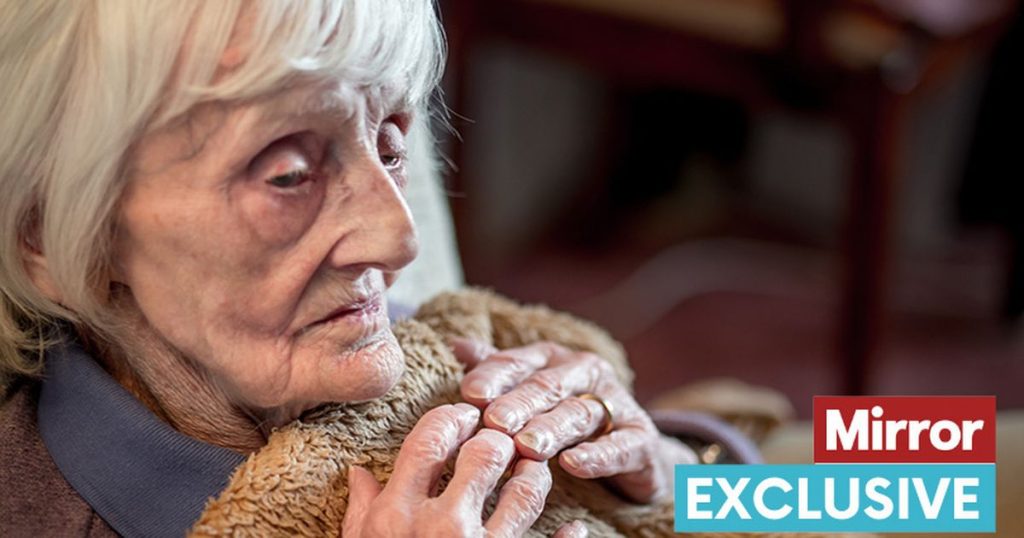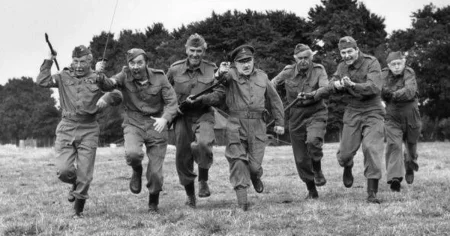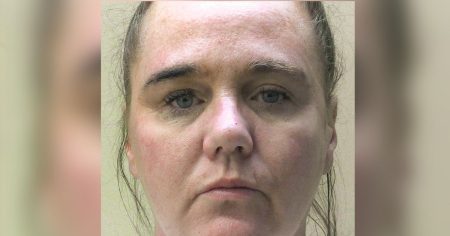Emergency calls for people at risk of freezing to death have increased by 40% in England since 2019, with more than half of them being elderly. Data obtained through Freedom of Information laws reveals a surge in hypothermia-related emergency calls, with almost half of them coming from people of pensionable age. Ambulance trusts reported longer delays, with one pensioner in the South East waiting 16 hours for help. This rise in emergency calls coincides with soaring energy prices, rent, and mortgages, forcing many to choose between heating and eating.
There has been criticism from Daisy Cooper, health spokesperson for the Lib Dems, who highlighted the unacceptable wait times people are enduring in freezing conditions. She emphasized that no one should have to wait an exceptionally long time for an ambulance while being exposed to extreme cold. Cooper attributed the increase in these tragic cases to the rising cost of living, which has led millions to face the difficult choice between heating their homes and affording other essentials. The data also revealed that official NHS targets for emergency response times have not been met, with crucial targets being missed, affecting those with life-threatening conditions.
Seven ambulance trusts provided data on the rise in hypothermia-related calls, showing a significant increase from 1,021 in 2019 to 1,410 in the last year. This represents a 38% surge in the number of calls related to hypothermia emergencies. The data sheds light on the challenges faced by both patients and emergency services, particularly during the winter months when vulnerable individuals are at higher risk of exposure to harsh weather conditions. These findings point to a growing crisis in the provision of emergency medical care, particularly for those at risk of cold-related health issues.
The struggle for timely emergency response is exacerbated by the financial pressures faced by many households, as mentioned by Cooper. The difficult choice between paying for heating or meeting other essential needs creates a dangerous situation for vulnerable individuals, particularly the elderly who are more susceptible to hypothermia. The impact of surging energy prices and increasing living costs on public health is evident in the rising number of hypothermia-related emergency calls. It underscores the urgency for addressing these systemic challenges to ensure timely and effective emergency medical care for those in need.
The failure to meet important NHS targets for emergency response times raises concerns about the capacity of ambulance services to cope with the increasing demand for assistance, particularly during the winter months. The longer waiting times experienced by individuals in need of urgent medical help highlight the strain on the healthcare system and the serious consequences it can have for patient outcomes. In light of these challenges, there is a pressing need for coordinated efforts to address the root causes of these issues and ensure that emergency services are equipped to respond promptly to those at risk of life-threatening conditions.
Overall, the data on the rise in hypothermia-related emergency calls in England paints a concerning picture of the impact of financial pressures, rising energy prices, and inadequate emergency response times on public health. The increase in calls from vulnerable individuals, particularly the elderly, underscores the urgent need for measures to address these challenges and ensure that no one is left waiting in freezing conditions for life-saving medical assistance. Addressing the systemic issues contributing to this crisis is crucial to safeguarding the well-being and safety of individuals at risk of cold-related health emergencies.














